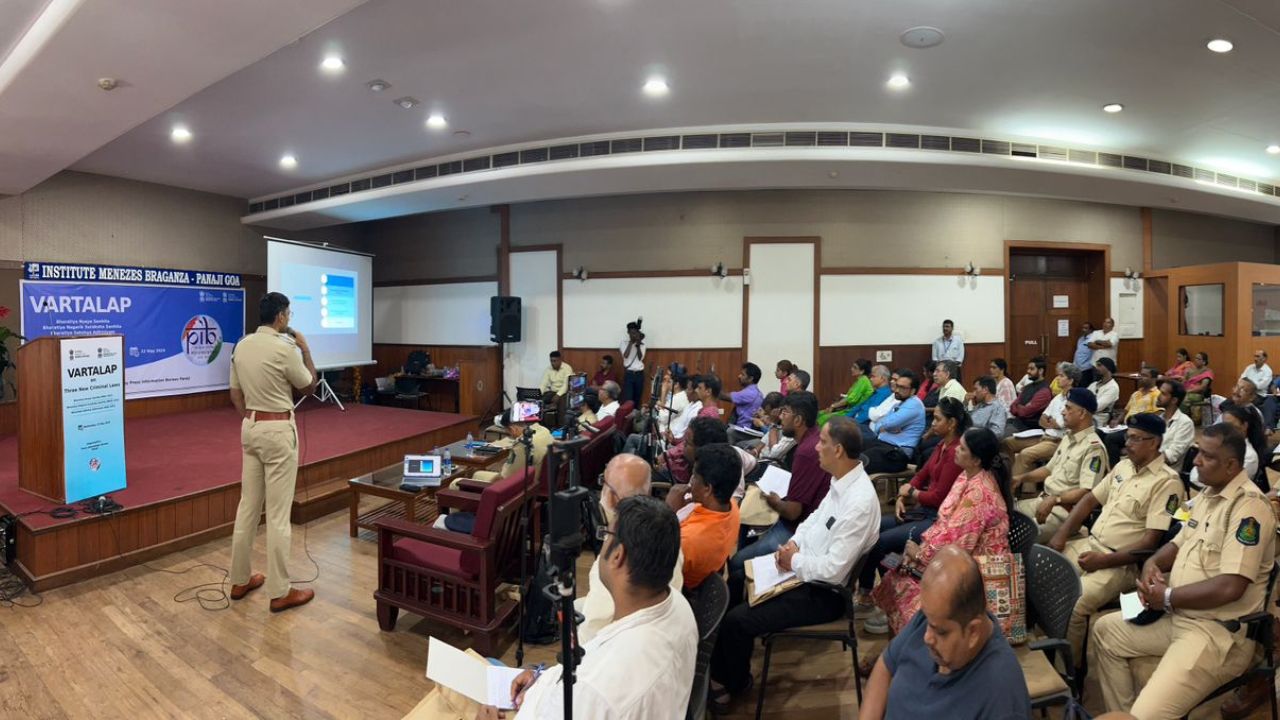
India embarked on a transformative journey in its criminal justice system n December 25, 2023, with the enactment of three pivotal laws: Bharatiya Nyaya Sanhita, Bharatiya Nagarik Suraksha Sanhita, and Bharatiya Sakshya Adhiniyam. These laws, effective from July 1, 2024, aim to modernize and Indianize the legal framework, focusing on justice rather than mere punishment.
A significant highlight of the new laws is the commitment to delivering justice within a fixed timeframe, targeting resolution within three years. The laws introduce timelines for various judicial processes, such as registering an FIR within three days and concluding criminal case judgements within 45 days post-hearing. The transition to an entirely online judicial process promises to eliminate the long-standing issue of "tareekh pe tareekh" (date after date).
The new laws emphasize a justice-centric approach. Minor offences, such as thefts under 5000 rupees, may result in community service rather than incarceration. Crimes against women and children are given priority, with stringent penalties for offences like gang rape and the introduction of new provisions to protect victims.
Proclaimed offenders and absconders face severe penalties, including asset confiscation and trial in absentia. Technological advancements are deeply integrated, with mandatory e-records, digital FIRs, and the use of forensics in serious cases. Provisions for e-statements, video recordings, and virtual court appearances aim to streamline the judicial process.
The establishment of a Directorate of Prosecution at state and district levels is a key measure to enhance accountability and reduce corruption. Forensics will play a crucial role, with mandatory forensic analysis in serious offences and infrastructure development across all states and union territories.
Judicial reforms include the restructuring of judicial officers into four categories, ensuring swift and uniform justice. New provisions address mob lynching, defining it and setting stringent penalties for such acts. Organized crime and economic offences are tackled with specific regulations to curb illegal syndicate activities and interstate gangs.
Victim-centric laws ensure that victims have the right to be heard, informed, and compensated. The introduction of Zero FIRs allows FIRs to be filed anywhere, and police accountability is enhanced through mandatory videography during searches and seizures.
The repeal of the British-era sedition law marks a significant shift, replacing it with strict punishments for anti-national activities. Terrorism is clearly defined, with severe penalties for acts threatening India's security.
The new laws also prioritize the use of technology in evidence gathering, recognizing digital evidence as equivalent to traditional forms. Summary trials for petty cases and expedited decisions in cases against civil servants aim to speed up the justice process.